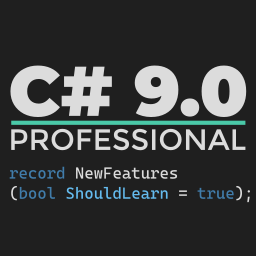Reviewing code
This post has been imported from my previous blog. I did my best to parse XML properly, but it might have some errors.
If you find one, send a Pull Request.
Recently I’ve been introducing a code reviewing tool, called Review Board. The whole ‘review’ thing was inspired by a free copy of Best Kept Secrets of Peer Code Review . The aim was to empower my team with a tool, which will allow propagating best practices easily. The other, obvious target, was ensuring quality of a software being developed. In a few next posts, I’ll describe the whole process, as well, as a team accommodation.
The book
The paper version of the book was sent for free. I was astonished that one company can afford such a gift. I do understand that Smartbear released their revision tool called Code Collaborator, but… come on. A book for free? It’s nice of them. Speaking about this position, it’s a must read for anyone who wants to introduce reviewing in his/her team. The book covers some research done in a combat conditions which can be valuable for your manager, if you have problems with incorporating a new thing into your tech toolbox. The numbers show, that reviewing is much more valuable than writing tests. I know, it can harm some zealous TDDers, but you should take into consideration by every developer thinking seriously about his/her craft .
The tool
As I scanned the Code Collaborator pricing I knew, that my company won’t cover costs for the whole team. I searched for some replacement and found the Review Board. The application is written entirely in Python and the server part is destined to be installed on a Linux environment. We’ve managed to make it run in less than one day. Then, the time came to integrate it with VisualSVN hosted on a Windows 2003 server. The VisualSVN has a nice support for post-commit hooks. It passes two parameters to the hook body. Although they can be easily passed to your batch, exe, whatever with a simple property window, it took me a while to get all the needed data to match the post-review, as it needs for instance a revision range for which the diff will be generated. Finally, I’ve got it running.
The team
As always I tried to be the change. The reviewing after a small number of delays became a habit. Receiving emails helps with this, as each review request is notified with a short email with a request summary. The whole process made the whole team to write better commit comments as no-one wants to be asked (at least, I wouldn’t like) “what did you just commit?”. It seems, that beside measured factors, the code review empowers a team as a whole. The journey goes on!


